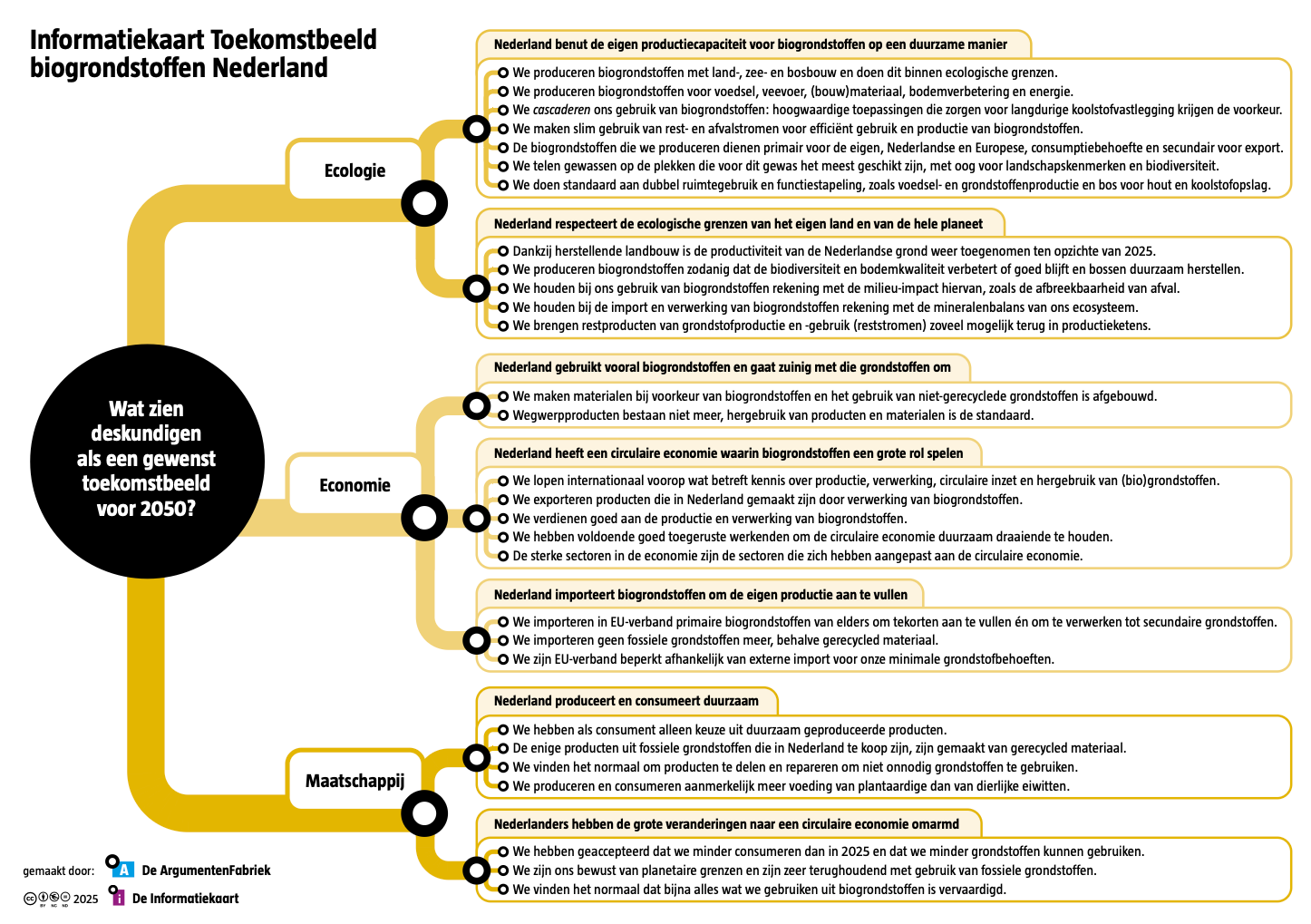TU/e leads consortium in Horizon2020 project on renewable maritime

12-05-2020 | Eindhoven University of Technology is going to lead a 4-year research and development project funded by the EU-Horizon2020 programme to explore the development of renewable maritime fuels. Many ships use heavy fuel oils that contain large amounts of sulphur and nitrogen leading to the emission of greenhouse gases and other damaging substances. The TU/e-led consortium IDEALFUEL seeks to address this issue by developing new, efficient and low-cost methods to produce low-sulphur heavy fuel oils from wood-based non-food biomass. The project has received a €5 million grant from the European Union’s Horizon2020 programme, and officially started on Friday May 1st 2020.
The IDEALFUEL project plans to devise an efficient and low-cost two step chemical process. In the first step, lignin is extracted from lignocellulosic biomass in the form of Crude Lignin Oil (CLO), leaving behind a solid cellulose material that can be used in the paper industry or even converted into ethanol. In the second step, the CLO is refined and converted into a Biogenic Heavy Fuel (Bio-HFO) that can used in combination with traditional fossil fuels in a fuel blend or neat in the engines of the world’s maritime fleet.
The project consortium covers the complete value chain from production of CLO to the end-user. IDEALFUEL is coordinated by TU/e and involves participants from four EU countries. The participants are Vertoro B.V. (NL), Tec4Fuels GmbH (DE), BLOOM Biorenewables Sarl (CH), Uniresearch B.V. (NL), Winterthur Gas & Diesel Ltd. (CH), SeaNRG (NL), thyssenkrupp Marine Systems GmbH (DE), OWI Oel-Waerme-Institut GmbH (DE), Agenica Estatal Consejo Superior de Investigaciones Cientificas (ES), and Varo Energy Netherlands B.V. (NL).
The Netherlands Platform Sustainable Biofuels takes a seat in the Sounding Board of the project.
More information about the project can be found here.
Recente artikelen
HAN University of Applied Sciences receives funding for FAME Changer reserarch project
Informatiekaart: Toekomstbeeld biogrondstoffen Nederland | 2025

Backovsky et al: Tracking cellulosic ethanol: commercialization and regional insights | 2025

